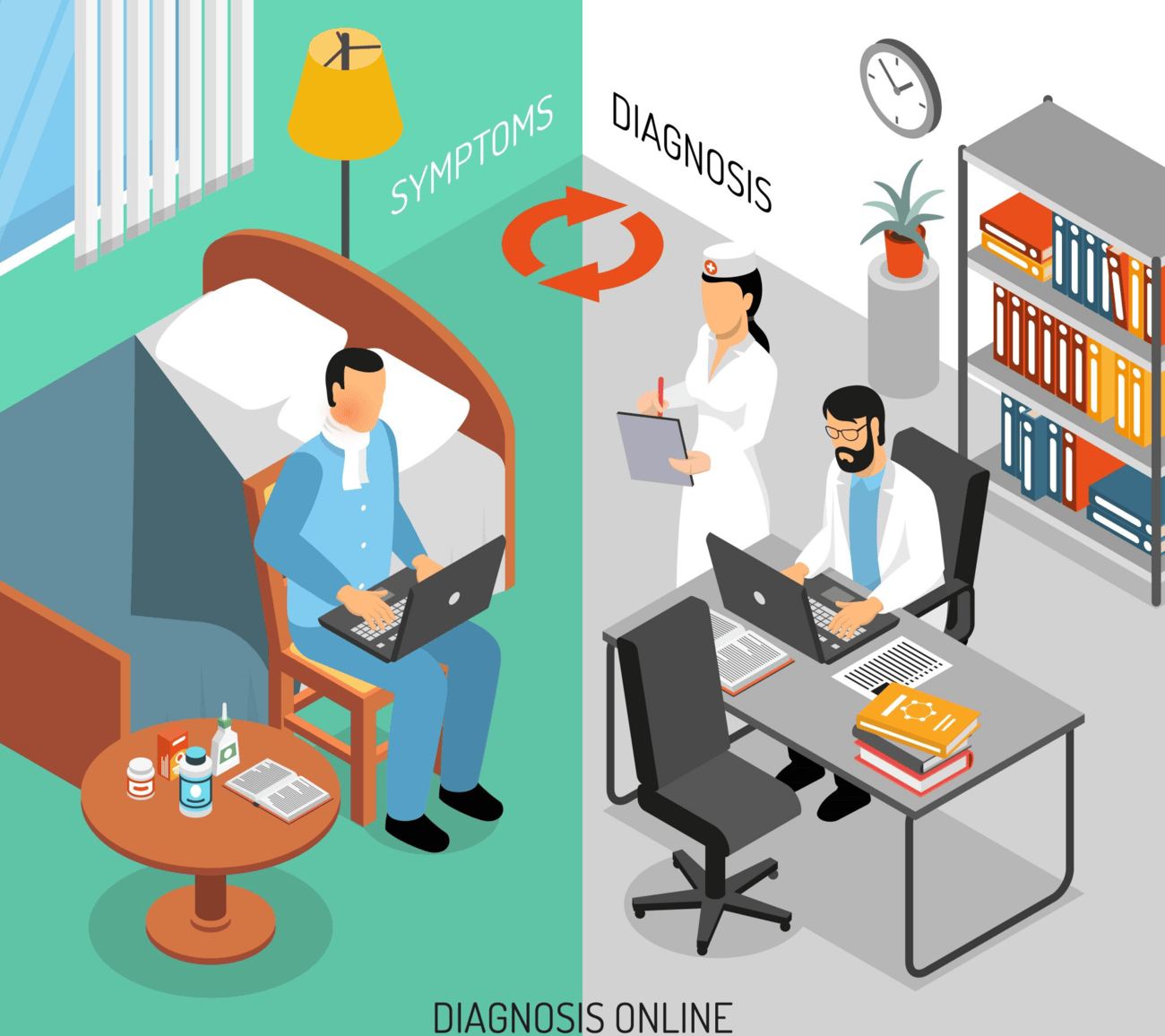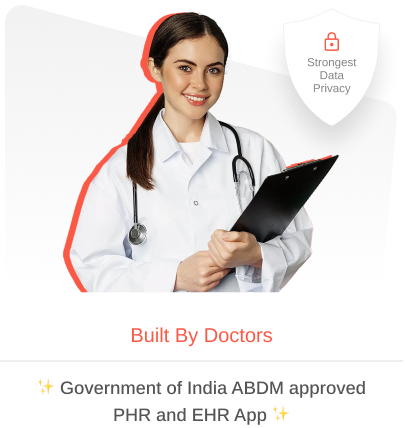The modern healthcare industry, hospitals and medical institutions face significant challenges in managing their operations efficiently. Previously, to handle patient records, billing, and administrative processes, hospitals concentrated on manual working and paperwork. However, with the evolution of hospital management software, healthcare facilities are shifting towards digital solutions to enhance productivity and patient care.
In this blog, we will compare hospital management software with traditional hospital systems, highlighting their advantages, disadvantages, and the impact they have on hospital administration and patient experience.
Traditional Hospital Management Systems
The traditional hospital management systems prefer to do manual working. Previously people manually did recording of patient data, documentation, billing, managing appointments and inventory, etc.
Key Features of Traditional Systems
- Patient Records: Medical data and reports are maintained in physical files.
- Appointment Scheduling: Patients book appointments through phone calls or in-person visits.
- Prescriptions & Billing: Medical prescriptions and bills are manually written and stored.
- Limited Data Accessibility: Patient records are only accessible within the hospital premises only. No digital backup was there.
- More Human Errors: Increased chances of misplacing records or inaccurate billing.
Challenges of Traditional Systems
- Time-Consuming Processes: Managing paperwork takes longer time and requires more staff involvement.
- Higher Operational Costs: There is a high cost for storage, printing, and additional administrative staff.
- Lack of Real-Time Data: Doctors and hospital staff do not have instant access to patient information.
Hospital Management Software
The modern Hospital management software (HMS) is a digital solution designed to automate and make it easy to handle hospital operations, improving efficiency, lessening errors, and improving patient care. The HMS integrates multiple sections of the hospital like patient registration, appointment scheduling, billing, inventory, and electronic health records (EHRs).
Key Features of Hospital Management Software
- Patient Records: Secure cloud-based storage for medical data and treatment records.
- Appointment Scheduling: Online appointment booking and real-time availability updates.
- Billing & Payment System: Automated billing, insurance claim processing, and online payment options are there.
- Access of Real-Time Data: Doctors and staff can access real time patient records from any location any time.
- Decision-Making with AI: Data-driven insights for hospital administrators to improve efficiency.
- Management of Inventory & Pharmacy: Real-time tracking of medical supplies, drugs, and stock levels.
- Telemedicine & Consultations: Virtual consultations are available for remote patient care.
Comparing Traditional Systems vs. Hospital Management Software
| Basis | Traditional Hospital System | Hospital Management Software |
| Patient Records | Paper-based, chances to loss data | Digital, secure, easy to maintain |
| Appointment Scheduling | Do manual which is time-consuming | Automated and do real-time scheduling |
| Billing & Payments | Do manually and have higher chances of errors | Integrated system, automated and error-free |
| Data Accessibility | Limited to files in the hospital | Data can be accessible from anywhere, anytime |
| Operational Efficiency | Requires more staff and effort | Streamlined automated workflow |
| Telemedicine | This option not available, you have to go directly to the medical shop | Proper integrated telehealth services with consultation |
Why Are Hospitals Moving Towards to Hospital Management Software?
For providing better healthcare services and their growing patients demands and regulatory compliance requirements, hospital management software is becoming the preferred choice over traditional methods.
Here’s why hospitals are making the switch:
Better Patient Care & Engagement: A hospital management system improves patient experience through faster registration, quick access to medical records, and digital prescriptions. Patients can book appointments online, reducing long wait times and improving satisfaction.
Higher Accuracy & Reduced Errors: Manual hospital systems have more chances of human errors in billing, record-keeping, diagnosis, etc. But due to HMS software, the things are automated and ensure accurate medical records, billing, and reporting.
Improved Hospital Administration: A software for hospital management integrates all departments and improves communication between the doctors, nurses, pharmacists, and administrative staff. All these results in better coordination and helps to make better decisions.
Cost Savings & Resource Optimization: With the help of hospital management software, hospitals save their operational costs by reducing paper-based work, minimizing manual labor, and optimizing resource allocation.
Compliance & Data Security: In HMS, there are advanced security features like encryption and multi-factor authentication to ensure patient data safety. Also HMS solutions are designed to comply with healthcare regulations such as HIPAA, NABH, and GDPR.
Read More: Hospital Management Software: Transforming Healthcare Operations
The Future of Hospital Management: Digital Transformation
The adoption of hospital management software is not just a trend; it is the future of healthcare. Emerging technologies such as AI-powered analytics, cloud computing, IoT-based health monitoring, and blockchain for medical records are shaping the next generation of hospital management solutions.
Conclusion: Which is Better?
While traditional hospital management systems have been in use for decades, they come with several limitations such as inefficiency, errors, and high operational costs. On the other hand, hospital management software offers a scalable, secure, and automated solution that enhances hospital operations, reduces costs, and improves patient care.
If you are a hospital administrator looking to transition to a hospital management system, now is the right time to embrace digital transformation and future-proof your healthcare facility with Roojh.








